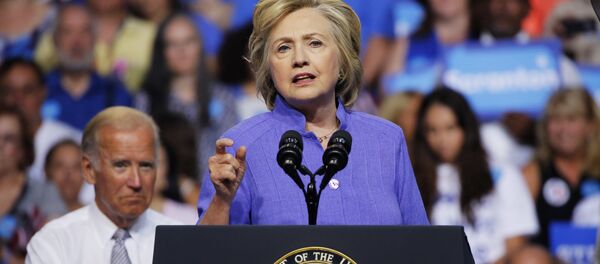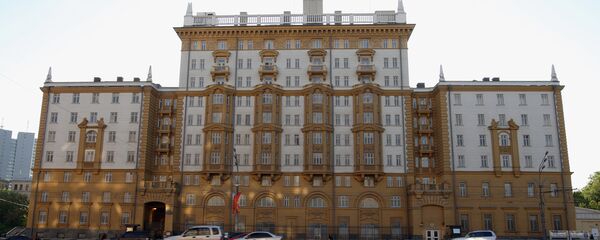However, since no proof was present, as it was pointed out by the Foreign Ministry of Russia, such accusations are merely irresponsible warmongering, or, as the Ministry has put it, fuelling of "unprecedented anti-Russian hysteria."
Unfortunately, this irresponsible decision has triggered some less reserved hotheads in the US Senate to make some confusing statements.
For example, a Texas Republican Representative Will Hurd, a former CIA officer, in his determination to convince the White House to get tougher with Russia, proposed that the Obama administration kick out Russian Ambassador out of the US.
"There has to be consequences to this kind of behavior," Hurd told Politico, referring to the cyberattacks. "And I think a good first step is kicking out the ambassador."
Either Mr. Hurd is unaware of such things, which is unlikely, given his high-ranking position of member of the House, or he is intentionally provoking already deteriorating US-Russian relations to plunge into a deeper abyss.
According to Politico, Representative Adam Schiff displayed a more reserved, yet still troubling, position. According to Mr. Schiff, the US should concentrate on imposing more sanctions on Russia.
"That's the one thing that seems to have gotten the Russians' attention," he said. "Somehow we have to press upon the Russians if they choose to escalate their cyber meddling the costs will go up and up."
As for Mr. Hurd, while his proposal is strange and perplexing, one could give him a credit for questioning the veracity of the US accusations. As aggressive as his rhetoric as he is, he still questions, why the US made these formal complaints now, with such a delay following the cyberattacks themselves and just one month until the US Presidential elections when such information could slander a candidate and improperly influence the outcome of the election.
"Why now?" he said in his interview to Politico. "What led to this?"





